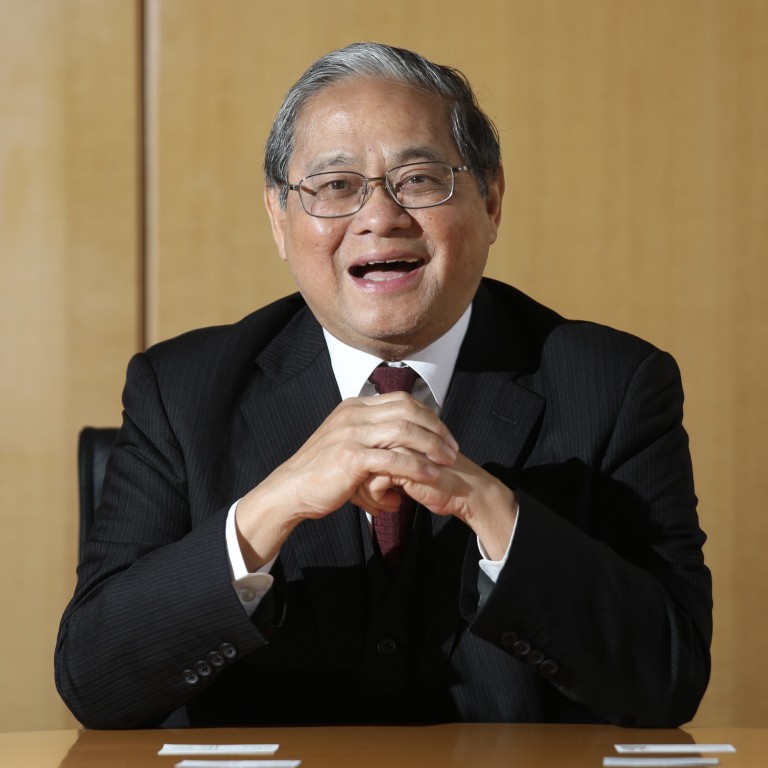
RCEP deal, China’s dual circulation strategy to strengthen Hong Kong’s status as international trade, finance hub, Victor Fung says
- Hong Kong can make good use of its international network and knowledge of global markets to boost role as a leading trade and commerce centre, Fung Group chairman says
- RCEP is a huge opportunity for Hong Kong as it signals the beginning of a new era in global trade and will help expand and strengthen supply chains in Asia
The city, which has played key roles in facilitating trade and growth of both China and Asia, can make good use of its international network and knowledge of global markets to strengthen its role as a leading international finance, trade and commerce centre, the chairman of family-owned Fung Group said in an interview with the South China Morning Post. He said the city can also benefit from China’s dual circulation economic strategy.
His vote of confidence comes as Hong Kong’s competitive edge was questioned when Chinese President Xi Jinping in October unveiled a blueprint for building Shenzhen into a trade, finance, and technology hub on the 40th anniversary of Shenzhen’s designation as a special economic zone.

03:29
RCEP: 15 Asia-Pacific countries sign world’s largest free-trade deal
Hong Kong has been playing a long-standing role as the orchestrator of regional trade and financial flows, said Fung, adding that this role will be highlighted in the changing economic environment in China and Asia.
As the world’s largest free-trade bloc, covering 2.2 billion people, the RCEP encompasses 15 nations, including the 10 member states of the Association of Southeast Asian Nations.
Although Hong Kong is not yet a RCEP member, Chinese Vice-Minister of Commerce Wang Bingnan called for its inclusion at the annual Belt and Road Summit, held virtually at the end of November.
He said because the bay area strides large parts of China’s international and domestic trade, there is an opportunity for Hong Kong to penetrate the mainland’s domestic market and further integrate with it.

05:25
Hong Kong's competitive edge questioned as Xi says Shenzhen is engine of China’s Greater Bay Area
“As a global financial centre, Hong Kong should promote the development of trade finance, which could help in connecting the advanced manufacturing base in the GBA and further strengthen the city’s role as the global supply chain centre,” said Fung.
Looking ahead, Fung reckons restarting trade will be key to the global economic recovery, and key to restarting trade will be the availability of trade finance, particularly to small and medium-sized enterprises that make up large parts of global supply chains.
The International Chamber of Commerce has estimated that restoring trade to pre-pandemic levels would require up to US$5 trillion in trade finance.
Fung, who co-chairs a high-level advisory group at the world’s biggest business chamber, has publicly called on the G20 to support the revival of trade flows through a raft of financial and other measures, such as launching risk guarantee schemes through export credit insurance.

